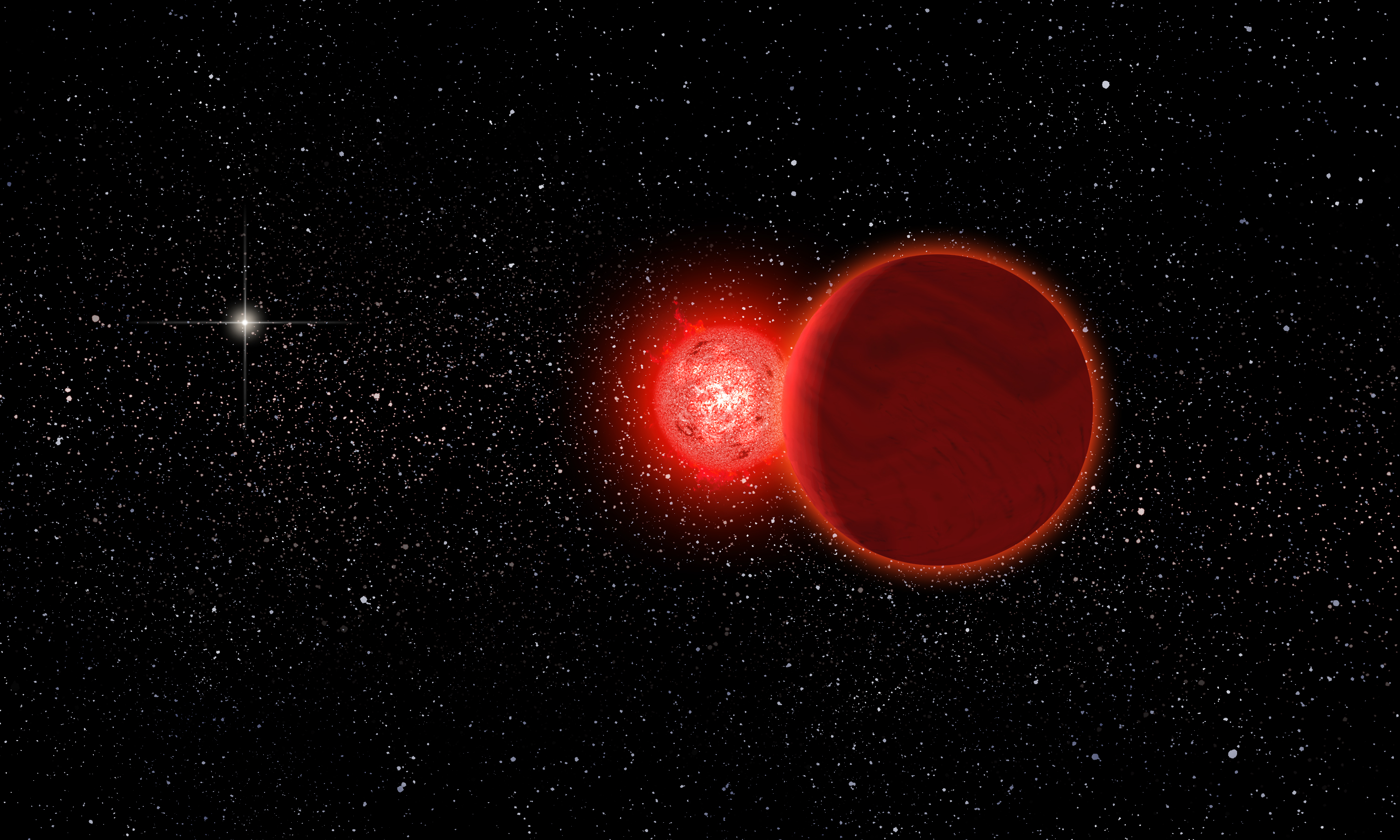Alien star passed through solar system 70,000 years ago


A free daily email with the biggest news stories of the day – and the best features from TheWeek.com
You are now subscribed
Your newsletter sign-up was successful
70,000 years may sound like a long time, but for the solar system, it's like it was yesterday.
Scientists are just now learning about Scholz's star, a red dwarf that passed through our solar system about 70,000 years ago, along with a brown dwarf. In a paper published in The Astrophysical Journal Letters, scientists at the University of Rochester in New York explain that the star likely passed through the Oort Cloud at the edge of our solar system — the closest that any known star has come.
Scholz's star came within 0.8 light years of the sun — the solar system's next-closest neighbor, Proxima Centauri, is 4.2 light years away. The scientists noted that while a star passing through the Oort cloud could affect the orbits of comets there, Scholz's star didn't have significant effects on the comets when it passed through.
The Week
Escape your echo chamber. Get the facts behind the news, plus analysis from multiple perspectives.

Sign up for The Week's Free Newsletters
From our morning news briefing to a weekly Good News Newsletter, get the best of The Week delivered directly to your inbox.
From our morning news briefing to a weekly Good News Newsletter, get the best of The Week delivered directly to your inbox.
After spotting the star, the scientists used radial velocity measurements to confirm that it is heading away from the solar system. They then traced its movements to determine the time frame of its brush with our solar system. Scholz's star is now 20 light years away.
A free daily email with the biggest news stories of the day – and the best features from TheWeek.com
Meghan DeMaria is a staff writer at TheWeek.com. She has previously worked for USA Today and Marie Claire.
